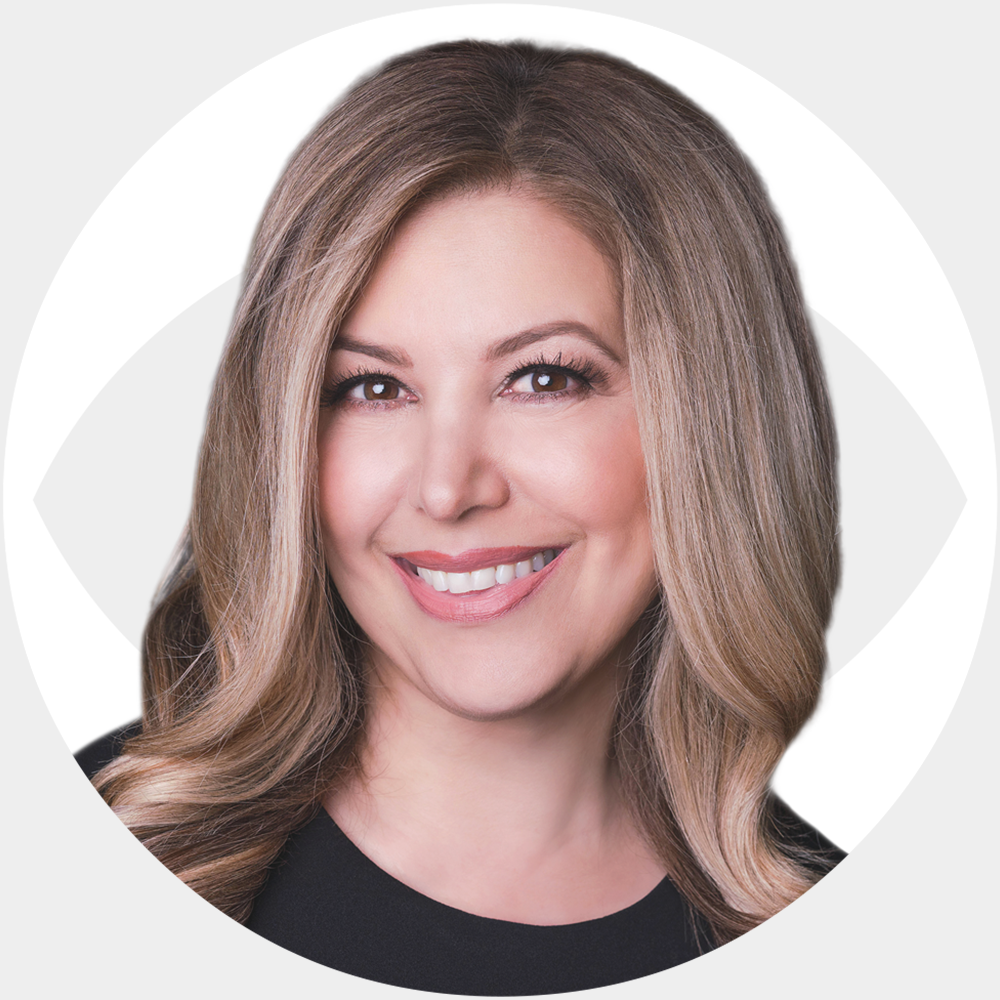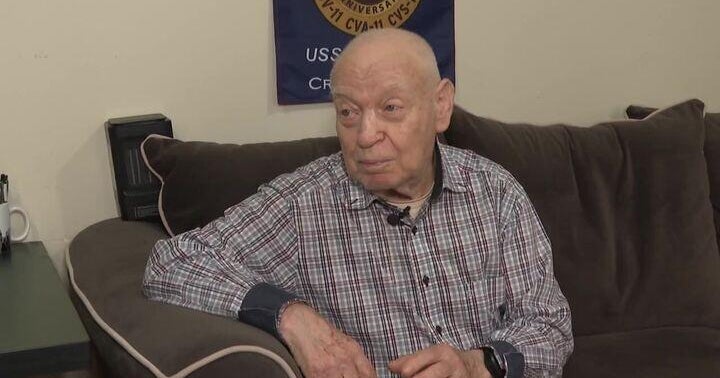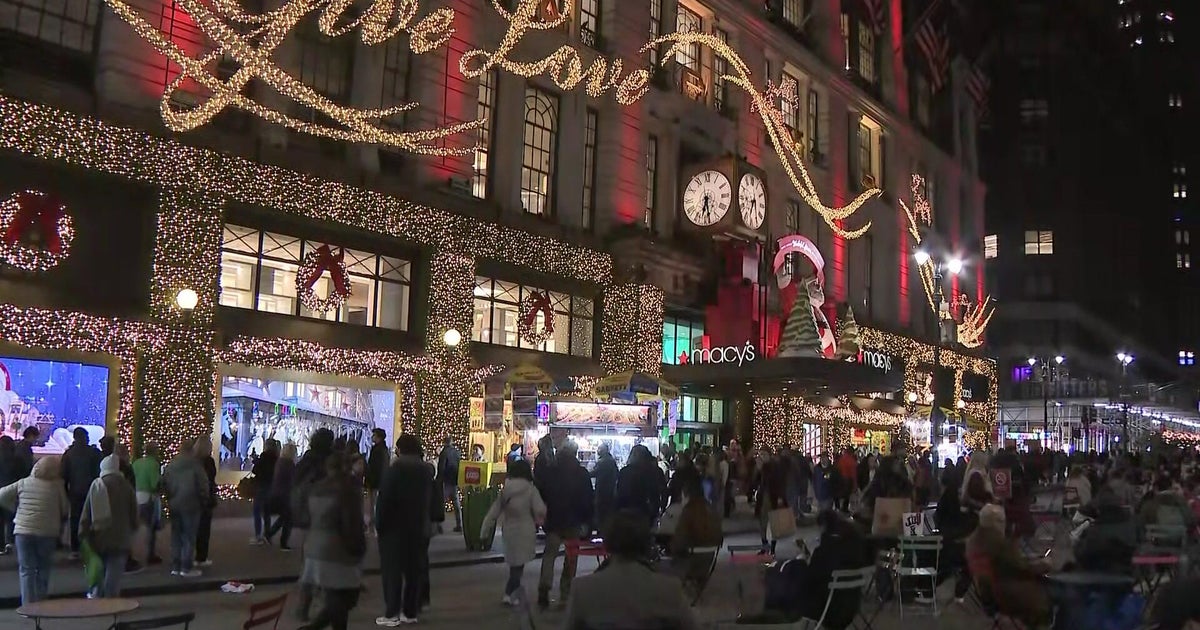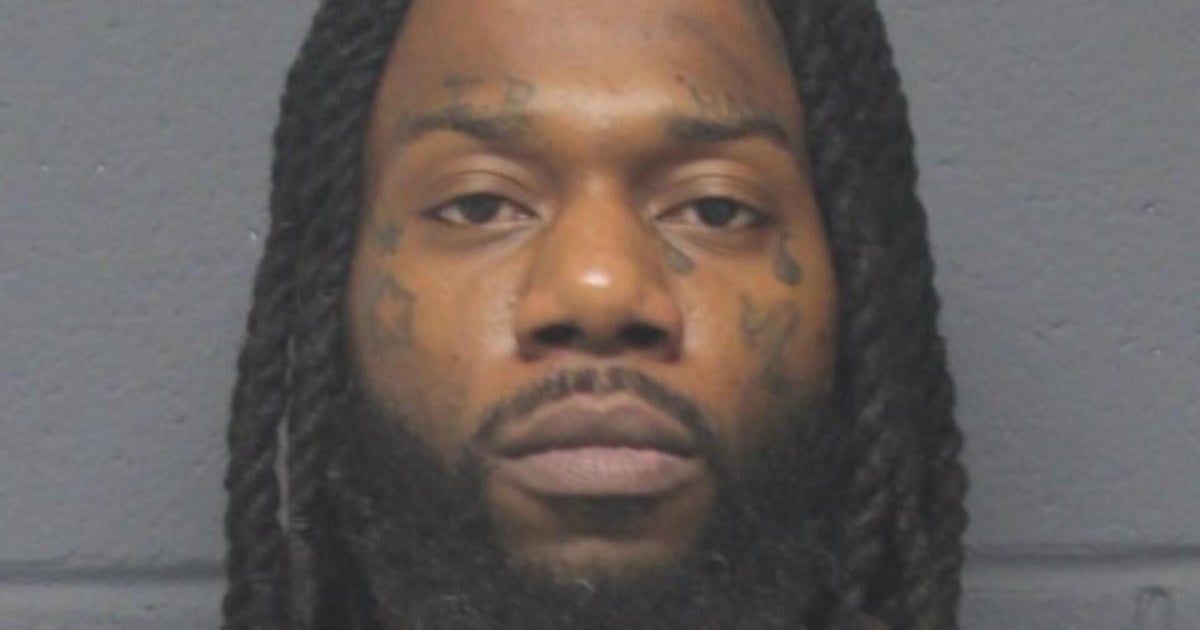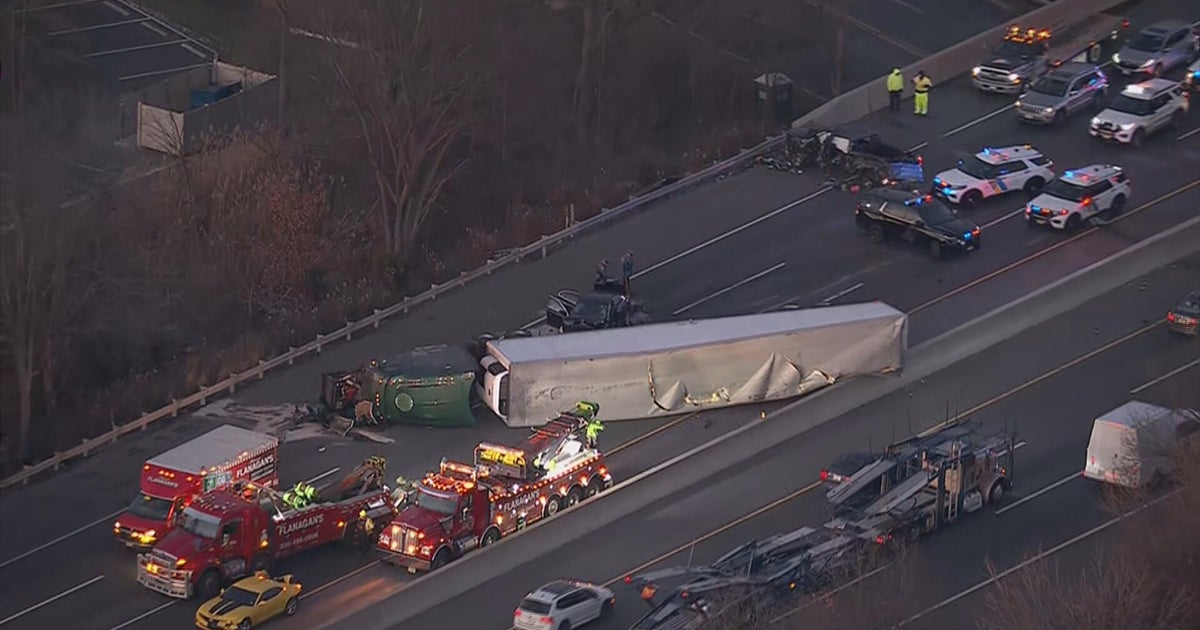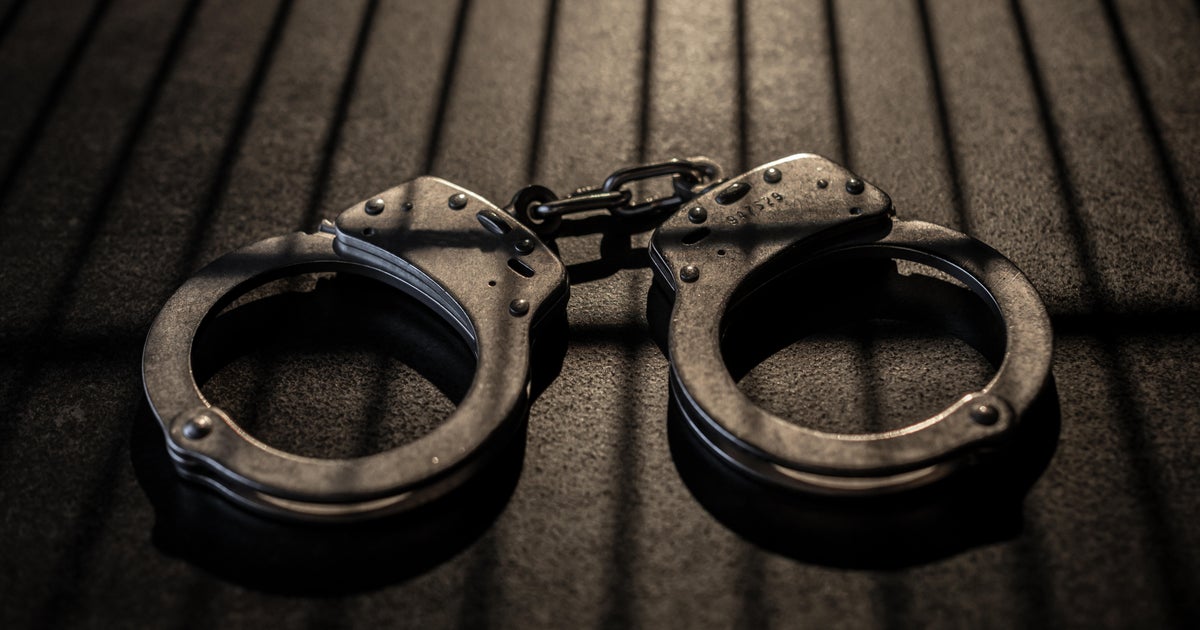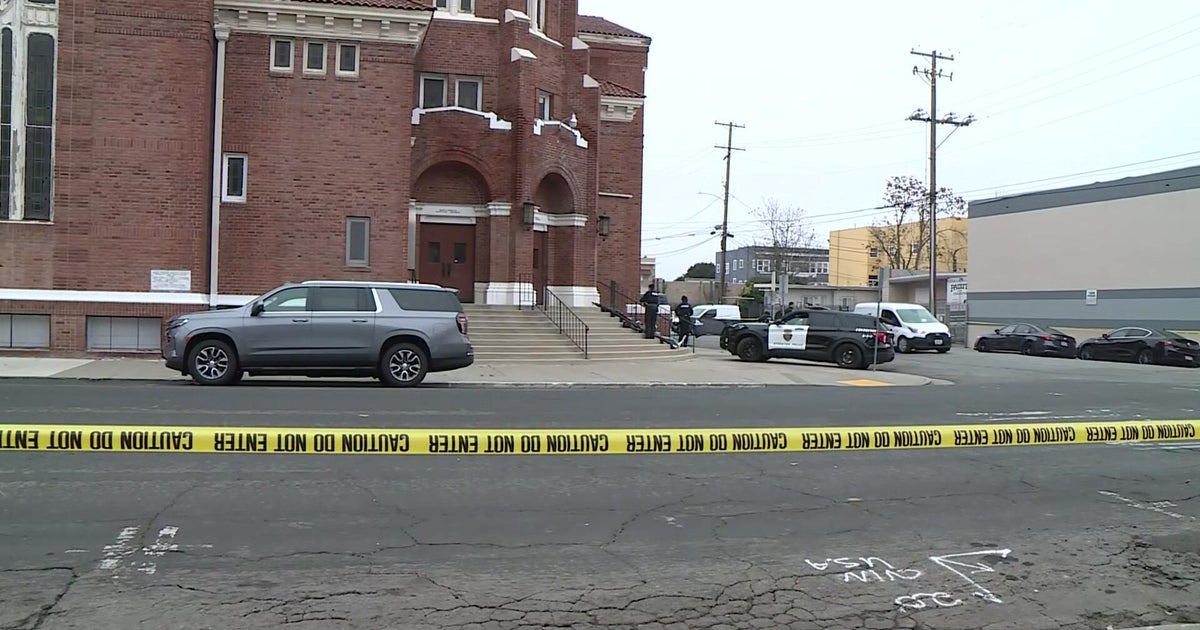Congestion pricing in NYC can proceed as scheduled, New Jersey judge rules
NEWARK, N.J -- The start of New York City congestion pricing can proceed as scheduled on Sunday, a federal judge has ruled, while attorneys for New Jersey say they will file an appeal.
A hearing began Friday afternoon, and it was a tense four-hour wait before the judge's decision came down. The judge spoke to both sides separately, then together.
The clarification from Judge Leo Gordon finally put to rest a lot of uncertainty that followed his 70-plus-page ruling Monday evening that prompted New Jersey, which had filed the lawsuit looking to stop the controversial Manhattan tolling plan, and New York to both declare victory.
CBS News New York's Christine Sloan was in the courtroom.
"The judge basically saying, look, I never said congestion pricing could not go through, that it was a limited remand to tell the federal government and the MTA to basically come up with mitigation factors. And the judge saying that New Jersey failed to prove its case that the residents of New Jersey, especially those who live in the Fort Lee area, would suffer from congestion pricing," Sloan reported.
In his earlier ruling, Gordon wrote regulators need to specify how much money New Jersey communities will get to mitigate pollution, but did not explicitly state whether the new tolls could still go into effect Sunday.
New Jersey attorneys plan to appeal decision
Sources and attorneys for New Jersey tell CBS News New York they will file an appeal in Philadelphia, and attorneys say they are prepared to take this case to the Supreme Court.
"We respectfully disagree with the trial court's decision not to halt New York's congestion pricing program before it goes into effect on Sunday. The judge found that the Federal Highway Administration acted arbitrarily and capriciously in approving the MTA's plan and that insufficient environmental mitigation commitments were made to New Jersey. We will continue to fight for the people of New Jersey by seeking emergency relief from the Third Circuit Court of Appeals," Randy Mastro, attorney for the state of New Jersey, said in a statement.
Hofstra University law professor James Sample explained they would be filing the appeal in Philadelphia because that is where the United States Court of Appeals for the Third Circuit is located; New Jersey is in the Third Circuit, while New York is the Second Circuit in terms of the federal Courts of Appeals.
"If there were to be a venue for an emergency appeal of this order that it sounds like is going to be filed, it would be in the Third Circuit. The likelihood that the Third Circuit would step in an issue a stay ... before the plan goes into effect seems – it's possible. It seems relatively unlikely," Sample said.
Sample said a stay would only be issued if attorneys could argue there will be "irreparable harm" if the court doesn't step in.
MTA says "the time for debating and lawsuits is over"
In a press conference Friday night, MTA Chair and CEO Janno Lieber said he was gratified by the judge's decision.
"The time for debating and lawsuits is over. It's time to get to work making this new initiative a success for New York," he said.
Lieber also addressed those concerned about the impact of congestion pricing.
"To them, I want to say the point is to make the city better for everybody. We need to make it easier for people who choose to drive or who have to drive to get around the city, to spend less time in traffic. We need to make sure that ambulances can get to hospitals, which is not the case now. We need to make sure the air gets a little cleaner, and we need to make transit better for the 90 percent of New Yorkers who use transit to get around," Lieber said.
Two New York federal judges recently refused to delay congestion pricing. Rockland County, the United Federation of Teachers, the U.S. Trucking Association of New York and a group called New Yorkers Against Congestion Pricing Tax all filed lawsuits challenging the plan and were seeking a similar injunction.
Read the judge's ruling
Congestion Pricing Decision by CBSNewYork Scribd on Scribd
Congestion pricing map
The congestion prizing zone covers Manhattan south of 60th Street and includes the Lincoln, Holland, Hugh L. Carey and Queens Midtown tunnels, along with the Williamsburg, Manhattan, Brooklyn and Queensboro bridges.
How will congestion pricing work in NYC
Congestion pricing was paused earlier in the year, then "un-paused" after the election. The plan then cleared a key legislative hurdle in November.
Hochul revised the plan to included a less expensive toll, which was initially $15. Under the new plan, the daytime toll with an E-ZPass will now cost $9 from 5 a.m. to 9 p.m. Monday through Friday for the next two years. In 2028, the MTA could then raise it up to $12. Tolls will be 75% lower during off-peak hours in a bid to encourage more overnight deliveries.
There are some exemptions, including for emergency and government vehicles, school and commuter buses, and for certain low-income drivers and people with medical conditions that keep them from utilizing mass transit.
